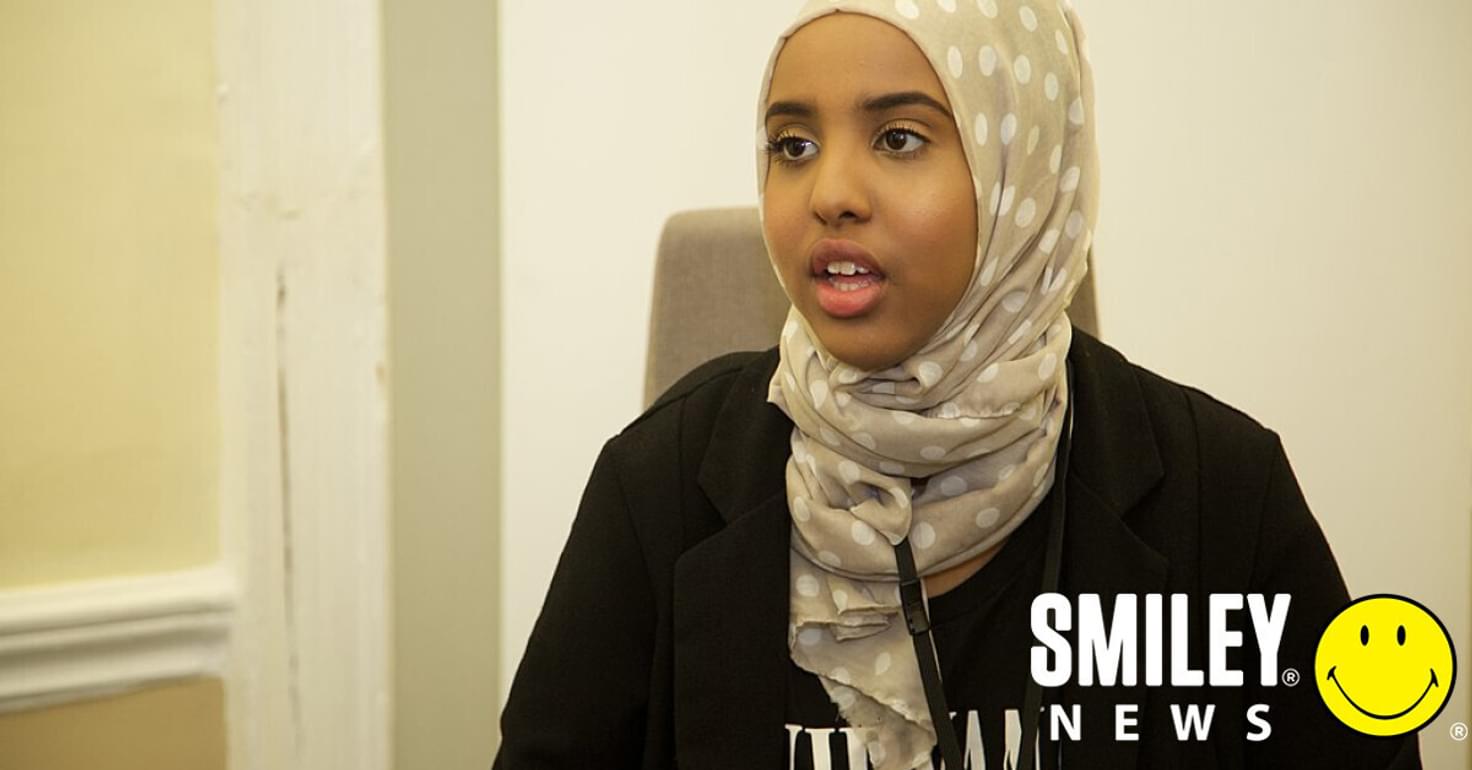
Words by Smiley Team
Fahma Mohamed first heard about female genital mutilation (FGM) from her Year 7 teacher at secondary school. Since then, she's gone on to lead an award-winning campaign against this abusive practice on girls under 18.
Until her teacher mentioned FGM, she was unaware of what it meant. Returning home, she asked her mother what it was and was shocked to discover it occurred in her own community of Muslim people of Somalian descent.
“I had no idea,” she tells Smiley News. “I just couldn't believe not only did this exist, but that nobody was doing enough or talking enough about it.”
After first discovering FGM, Fahma immediately stepped in to support roles, helping to campaign against it. She was quite shy, but steadily took on greater responsibilities. As her confidence grew, she increasingly raised her voice against this injustice faced by other young women – so much so that she became a leading campaigner for the cause.
In 2013, Fahma launched a petition on Change.org calling on the then-education secretary Michael Gove to improve education around the issue, permitting young people to become more aware and empowered to act against it.
Months later, and after more than 230,000 signatures, her demand was met.
Thanks to her success, Fahma became one of the youngest people in the UK to receive an honorary degree when The University of Bristol awarded her a doctorate in law for her seven years of campaigning.
Now aged 25 she works as a project worker for youth-led campaign group Integrate UK, for which she started volunteering in her teens.
As a member of a community experiencing FGM, she believes her identity and background are integral to successfully campaigning against the issue. “FGM is something that's affected people that I know personally, within my family, friends and acquaintances,” she explains.
“Being Somali and a Muslim means that I can easily confront the issue by saying this is not something that is preached in the Quran.”
To support more young people like Fahma to tackle societal issues, donate to integrateuk.org.